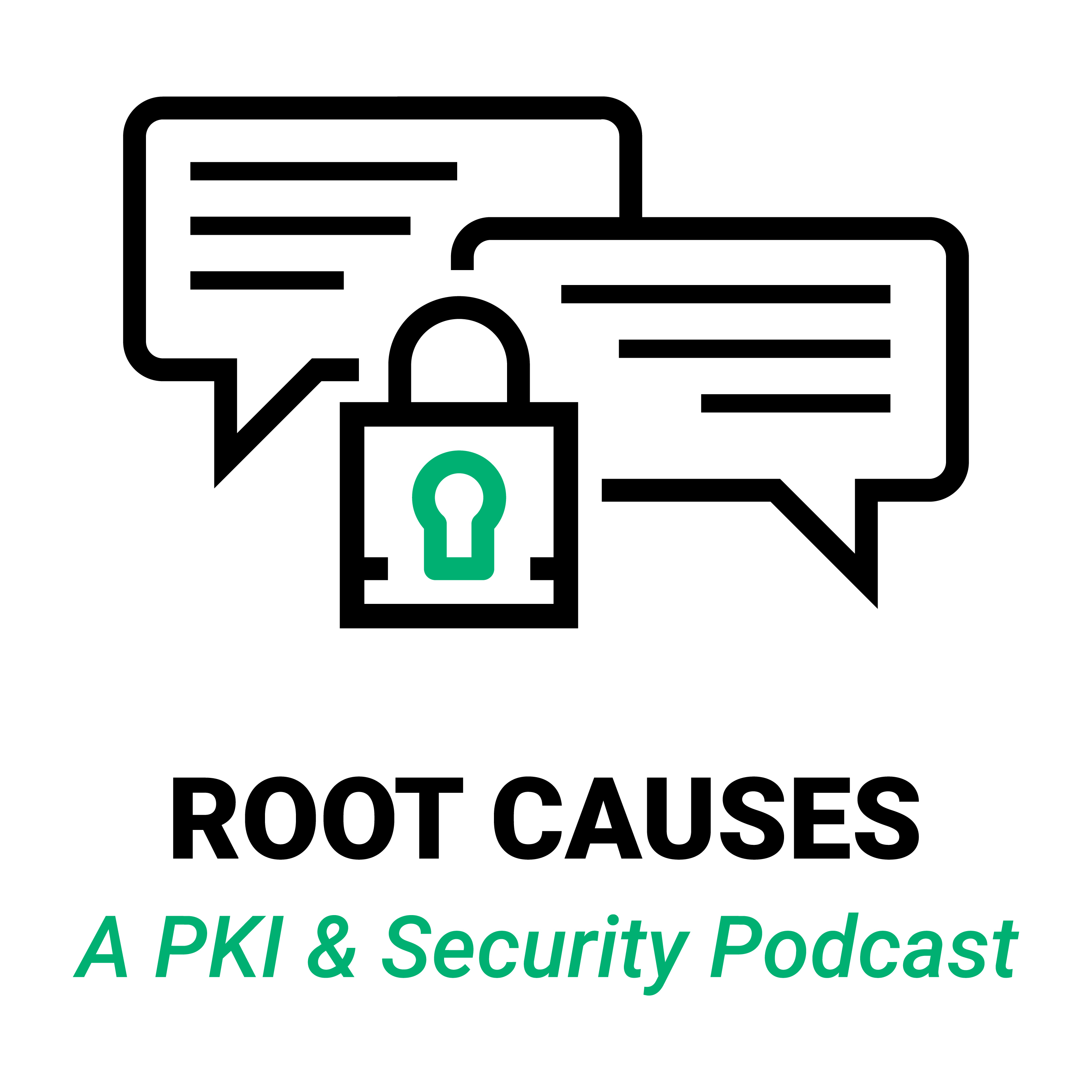
Root Causes 444: Understanding WebPKI's Future if Chrome Separates from Google
Chrome's central role in web browser security and the WebPKI ecosystem makes Google's potential sale of the browser a significant consideration for the future of online security. Here's what could happen:
Impact on WebPKI Infrastructure
Chrome currently serves as a crucial trust anchor in the WebPKI system, managing certificate policies, root stores, and security protocols that affect billions of users worldwide. A separation from Google could influence:
- Certificate validation processes
- Root store management
- Security protocol implementations
- User trust mechanisms
Resource Allocation Changes
The transition could affect:
- Research and development funding
- Security team staffing
- Implementation of new standards
- Response times to security threats
Post-Quantum Cryptography (PQC) Development
The browser's role in PQC advancement might shift:
- Timeline for PQC implementation
- Testing and deployment strategies
- Industry collaboration efforts
- Standards development participation
Innovation and Security Initiatives
Changes could impact:
- Long-term security projects
- Browser security features
- Industry collaboration
- Standard-setting processes

Tim Callan headshot in collared shirt

Man wearing plaid shirt headshot

Sectigo podcast logo with lock icon
The future of Chrome's role in WebPKI security will largely depend on its new ownership structure and commitment to maintaining robust security standards. Continued collaboration with certificate authorities and security organizations will be crucial for preserving the internet's trust infrastructure.
Related Articles
Timing Attacks: The Hidden Threat to Post-Quantum Cryptography Security

